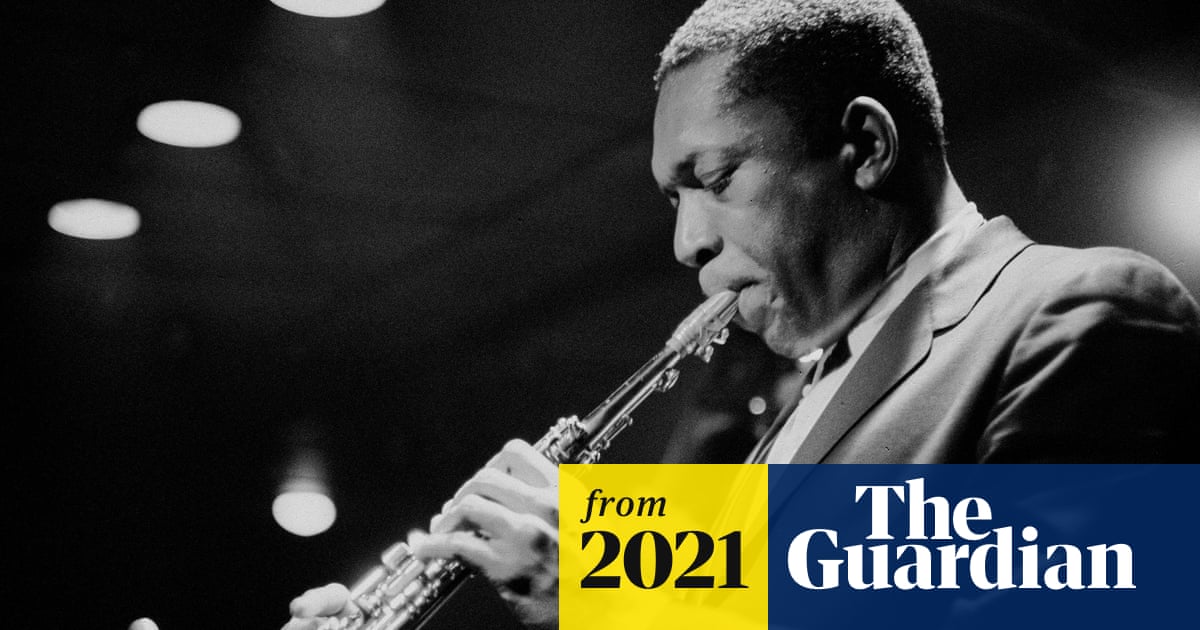Debuting in New York tomorrow (if you're passing by). It looks good, Labour of love etc. Ornette, Cecil, Prince Lasha, Sonny Simmons et al, archive footage. Article in the Guardian yesterday. Not sure about UK showings yet...
Here's the trailer...http://youtu.be/rlYJYeoScs4
Here's the trailer...http://youtu.be/rlYJYeoScs4


Comment